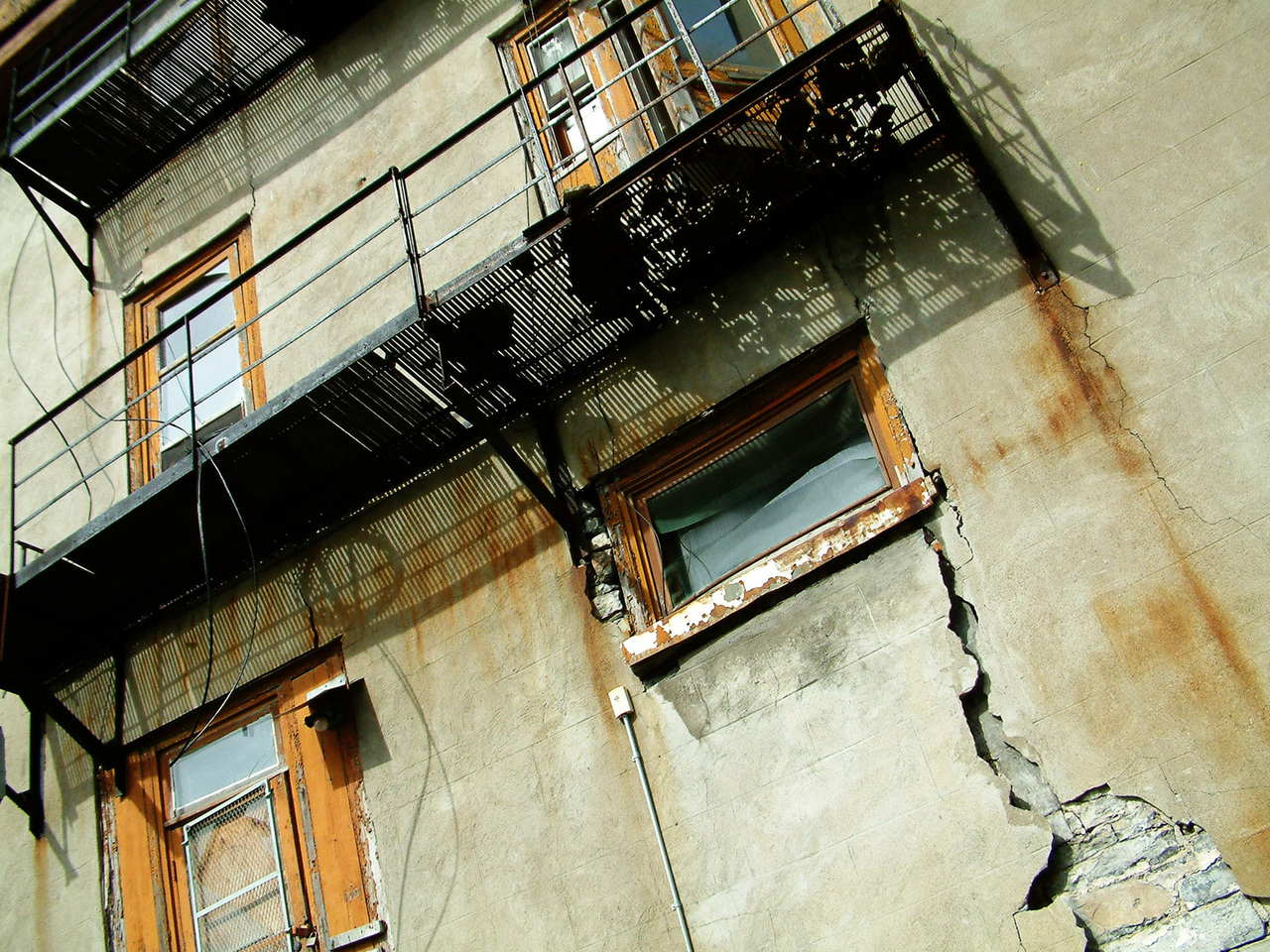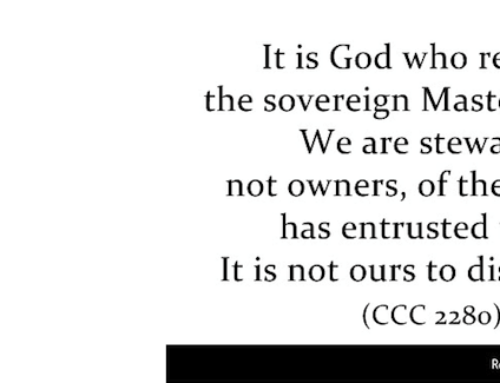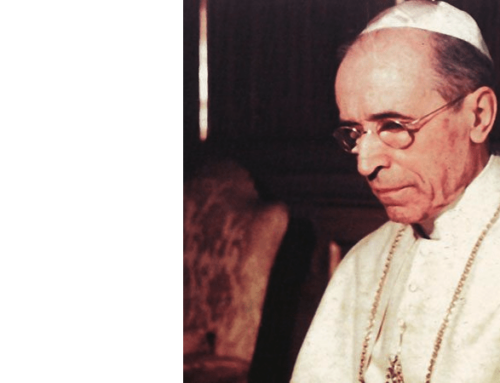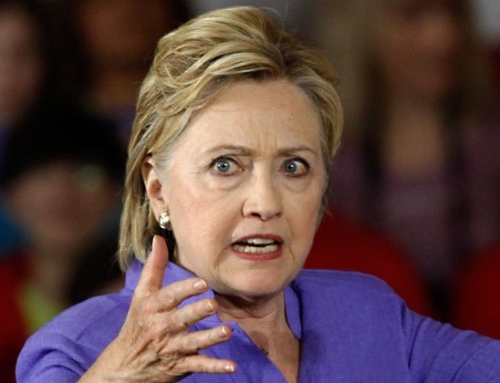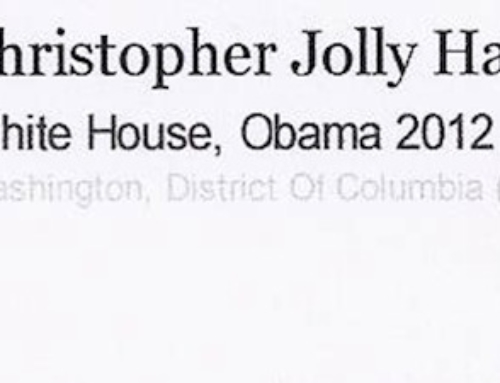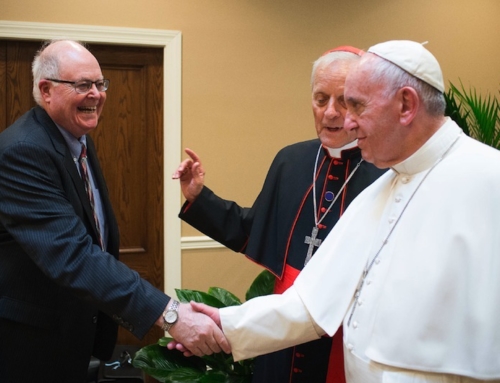By Bill Donohue
This article was originally published by CNSNews.com on June 9, 2016.
Income inequality is a natural outcome of many factors, and can never be eliminated; it is a universal fact of life. Whether it is a problem has much to do with expectations, as well as with the actual living conditions of those at the bottom of the socio-economic ladder.
In this country, the problem of income inequality appears to be more ideological than real. To the extent it is a problem, it is not caused by structural problems such as discrimination and lack of job opportunity—this is the liberal school of thought—it is rooted in cultural problems such as delinquent norms, values, and practices.
A new study by the JPMorgan Chase & Co. Institute shines some light on the divide between the rich and the poor. The researchers analyzed 15 billion different credit/debit card transactions by 50 million persons (their identity was not disclosed). What they found is revealing, although what follows, particularly the data on eating, was curiously not stressed by the study’s authors.
When it comes to non-durable goods such as groceries and clothing, the bottom 20 percent of income earners spend 51 percent of their money on these items. This, however, isn’t much more than what most Americans spend. As we might expect, these same persons spend more on fuel, and less on cars and appliances, but again, with the exception of the top quintile, the difference is slight.
Most interesting is the percentage of income spent on restaurants. One might expect that the poor cannot afford to eat out, but this is not the case. In fact, they eat out more than most Americans. Here is the percentage of income spent on restaurants, by quintile, starting at the bottom: 16.6; 15.8; 16.0; 16.6; 17.8. Which means that only the top 20 percent eat out more than the bottom 20 percent.
The figure on eating out does not take into consideration the prevalence of food stamps, free school lunches, soup kitchens, donated non-perishable goods, Meals on Wheels, etc. that are provided to the bottom quintile.
As Terry Jeffrey of CNSNews.com has pointed out, Census Bureau data show that the majority of households that live below the poverty level own a clothes washer, clothes dryer, microwave, air conditioner, TV, video recorder/DVD, computer, landline phone, and cell phone. They are not denied the opportunity to cook—97 percent own a stove—so eating out is purely a matter of choice.
Virtually every study on eating habits, in the U.S. and abroad, concludes that the poor have the worst eating habits. They eat less fruits, vegetables, lean meats, fish, and grains, and as a result they have higher rates of obesity, heart disease, strokes, and diabetes. We know that 70 percent of the wealthy eat less than 300 junk food calories per day, and that 97 percent of the poor eat more than 300 junk food calories per day.
An article in USA Today on this subject attributes the bad eating habits of the poor to “food poverty” or “food insecurity.” By this it is meant that the cost of “healthy foods [appear] to be greater in low-income areas;” also, “a lack of proper cooking facilities in the home increases the need to eat convenience or take-away food.” Similarly, an epidemiologist from the University of Washington says that “the most nutritious diet” is “beyond the reach of the poorest Americans.”
But if the poor eat out more than most Americans, does that not suggest that it is not a lack of money that accounts for their eating habits? And if almost all the poor own a stove and a microwave, what “proper cooking facilities” do they lack?
Many years ago I taught in a very poor neighborhood in Spanish Harlem. Across the street there was a deli, and a block or two away there was a supermarket. Many of the residents did their weekly shopping at the deli. When I asked why they did not save money by going to the supermarket, I was told that the deli was more convenient.
When I asked the deli owner why he was accepting food stamps to pay for items such as beer, which is prohibited, he said it made no difference to him what his customers bought as long as he was reimbursed by the government.
A just society will treat the least among them with compassion, and do everything possible to create a more equitable playing field. But equity means fairness, not sameness (this is what equality means).
To put it differently, there is no moral obligation to ensure income equality, only equitable conditions. If bad eating habits persist—along with an array of other self-destructive behaviors—there is little others can do about it. In short, it’s the culture, stupid.
Bill Donohue is President and CEO of the Catholic League for Religious and Civil Rights, the nation’s largest Catholic civil rights organization. He was awarded his Ph.D. in sociology from New York University and is the author of six books and many articles.


